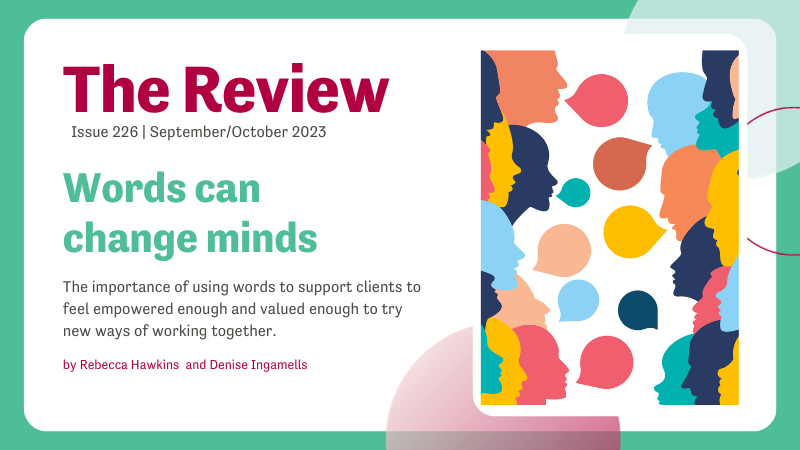
Words can change minds
Family Practice Conference 2023

Family Practice Conference 2023
Exploring out of court dispute resolution and how this can enhance your practice
Our Parenting After Parting Committee sat down with Sir James Munby to bring you a special two-part podcast.
YRes CONFERENCE 2022: This workshop shared experiences and top tips from representatives of the F...
The Guides to Good Practice build on the Code of Practice by developing the ethos behind it into ...
There are many supportive organisations out there and we can only include a selection here. We hope it helps you on your journey.
What is domestic abuse?
The government definition of domestic abuse is “any incident or pattern of incidents of controlling, coercive, threatening behaviour, violence or abuse between those aged 16 or over who are, or have been, intimate partners or family members regardless of gender or sexuality. The abuse can include, but is not limited to: psychological, physical, sexual, financial and emotional.”
Whatever route you choose to take to address your co-parenting issues you may come across ‘legal jargon’ which can appear unfamiliar and confusing. Set out below are some of the key definitions to help you along your way.
Bringing up children after separation is truly one of the hardest things. We want to share our stories with you in the hope that they might help you choose to keep persevering to bring up your children together as co-parents, even though you are no longer in a relationship together.
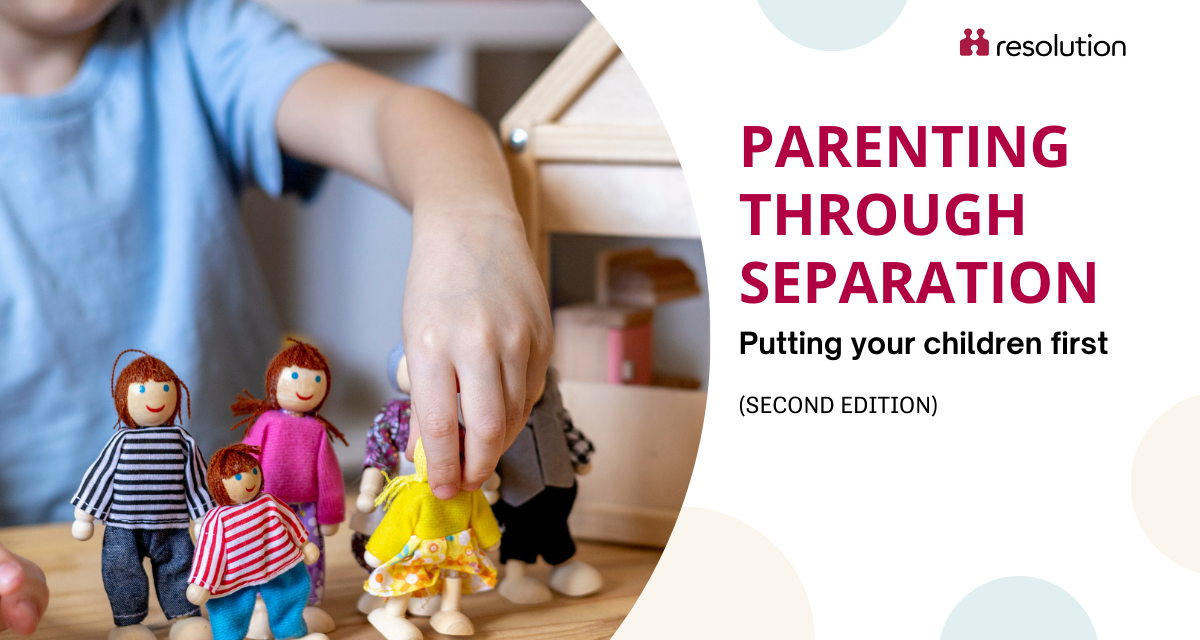
Becoming a separated parent is not something you may have anticipated. It is challenging in so many ways and can be very daunting.
In this workshop a panel of Alex Verdan QC, Charlotte Bradley and Dr Mark Berelowitz, chaired by ...
In the second of a two-part article on how grandparents can be brought into when parental issues ...
A number of websites and apps help separated parents share information about their children’s nee...
The charity OnePlusOne has five decades of research into family breakdown and has developed model...
This article tries to answer some of the questions now faced by separated parents worried about h...

In these difficult times arrangements in nearly every aspect of life are changing rapidly. This will include living and contact arrangements for the children of separated parents. If possible, parents will need to work together to agree necessary changes.

This one day training course by Adele Ballantyne explores the insights from relationship psychology, for family lawyers and other professionals into divorce and separation. Both in terms of how divorce and separation impacts on clients and on family professionals themselves.

The Parenting After Parting Committee has developed a number of resources to support members work...
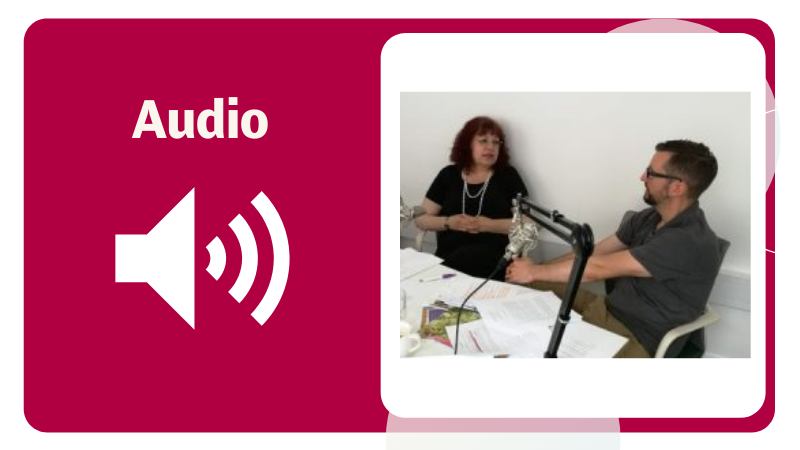
In this podcast, Denise Ingamells, Head of London SPIPs at RCJ Advice, and Marc Etherington from Resolution’s Parenting After Parting Committee, discuss how the Separated Parents Information Programme works.
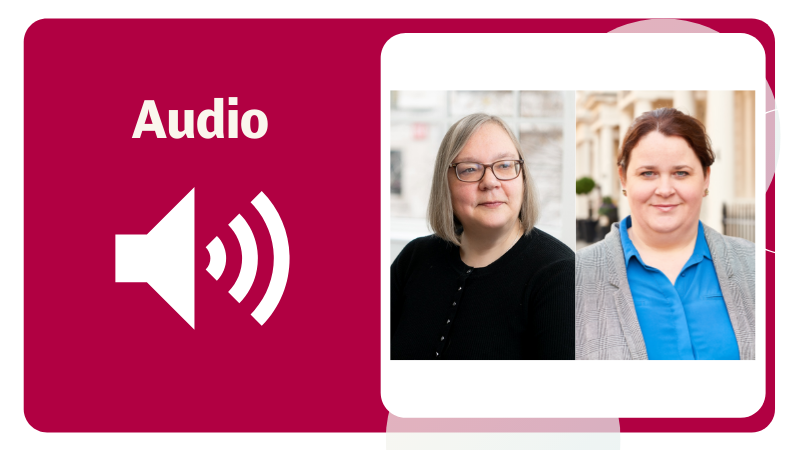
In this audio recording of their workshop, Gillian Bishop and Felicity Shedden, explore how paren...
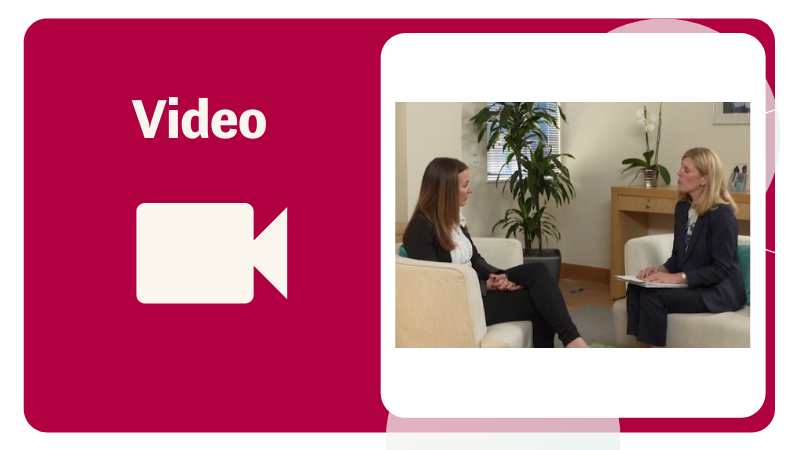
With the help of the Parenting after Parenting Committee we have put together this guidance to he...

This online course will equip you with the essential skills you need to ensure that you can provi...
While your relationship with your partner has ended, your role as a parent has not. As you move on with life after your divorce, you and your ex will need to manage your relationship as separated parents.
The Parenting After Parting Committee develops the Resolution approach for practitioners working with parents so that, ultimately, parents will receive the same standard of care and support from any Resolution practitioner

Our Good Divorce Week 2018 was a huge success. The week focused on how separating parents could minimise the impact of conflict on their children from divorce or separation. The campaign had a number of highlights, many thanks to all those who supported it.
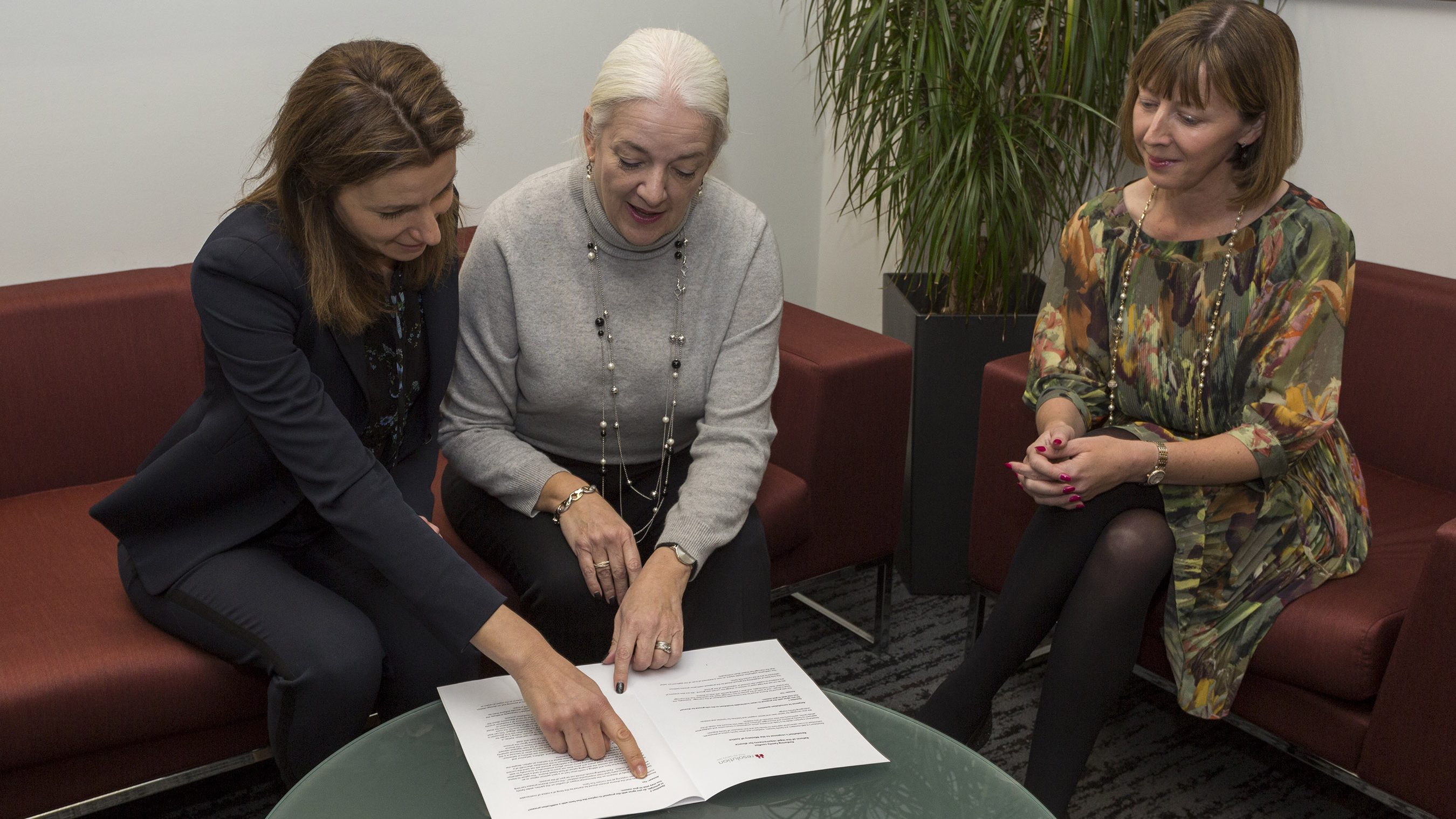
Resolution urges government to reform divorce law as soon as possible, during the annual Good Divorce Week 2019.